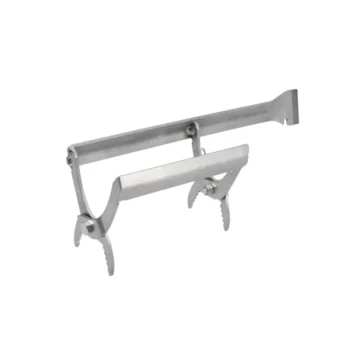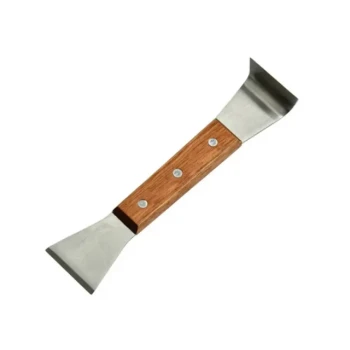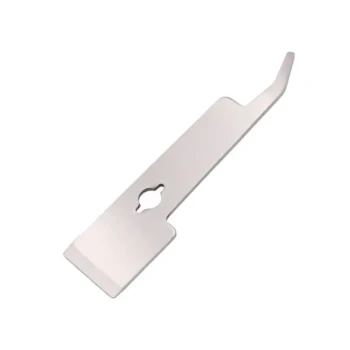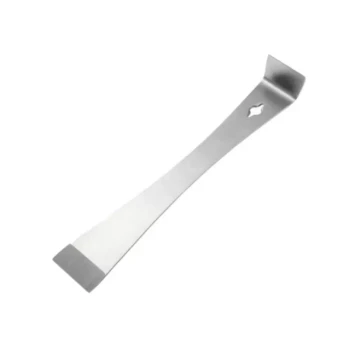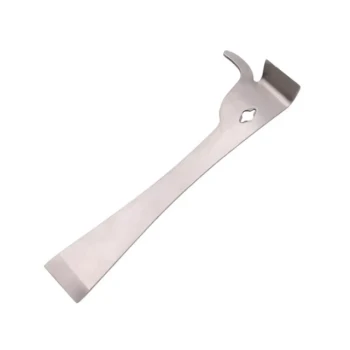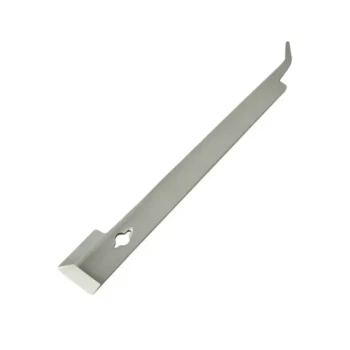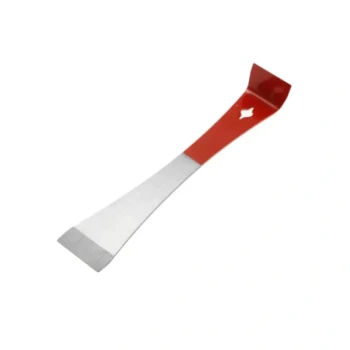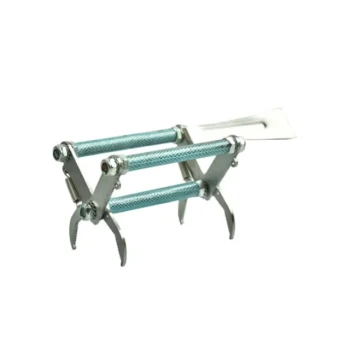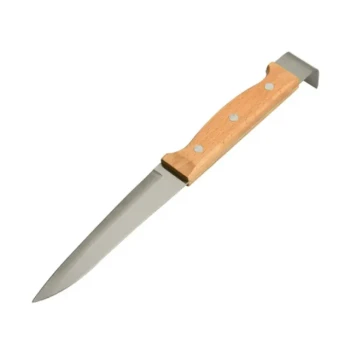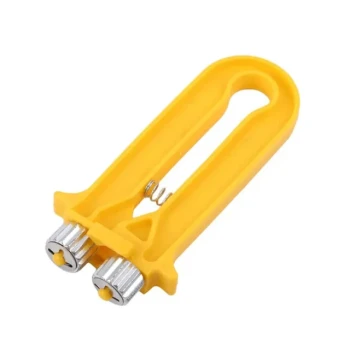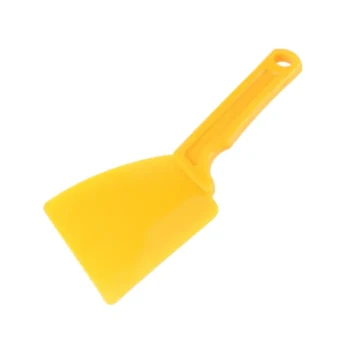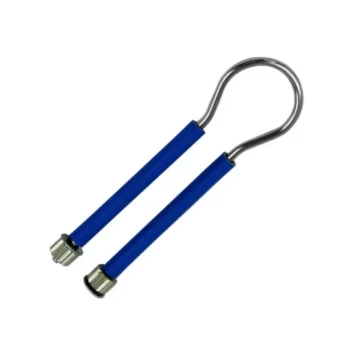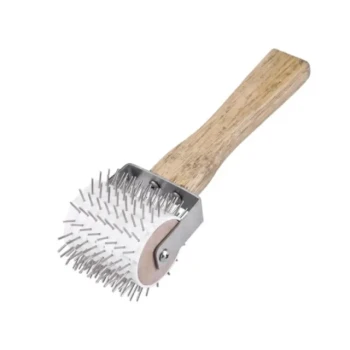In warm climates, insulation is a powerful tool for improving beehive productivity and health. It acts as a barrier against external heat, which keeps the internal hive temperature more stable. This stability reduces the immense energy bees must expend on cooling efforts, allowing them to redirect that energy toward vital tasks like foraging, producing honey, and defending against pests.
The primary benefit of hive insulation in hot weather is not about keeping bees warm, but about conserving the colony's energy. By blocking external heat, insulation allows bees to spend less effort on cooling and more effort on making your apiary thrive.

The Hidden Cost of Heat Stress
A beehive is a finely tuned thermal engine. When external temperatures rise, the colony must work tirelessly to prevent the internal temperature, especially in the brood nest, from overheating. This effort comes at a significant cost.
How Bees Fight the Heat
Bees use two primary methods to cool the hive. They collect water and spread it throughout the hive, then fan their wings vigorously at the entrance and inside the hive to create evaporative cooling. On extremely hot days, a large number of bees will exit the hive and "beard" on the front, simply to reduce the collective body heat inside.
The Energy Drain of Cooling
These cooling activities are incredibly energy-intensive. A significant portion of the colony’s workforce must be diverted from other duties. Foragers stop collecting nectar and pollen to instead collect water, and house bees stop their tasks to fan their wings constantly.
How Insulation Acts as a Climate Shield
Insulation works by slowing the transfer of heat. In a hot climate, this means it dramatically slows the rate at which the sun's heat penetrates the hive walls and warms the interior.
It's About Stability, Not Warmth
Think of insulation like the walls of a cooler. It doesn't generate cold; it simply prevents the outside heat from getting in. This creates a much more stable and manageable internal environment for the colony, buffering it from extreme daytime temperature spikes.
Redirecting Energy to Productive Tasks
When the hive is insulated, bees spend far less time and energy on cooling. This conserved energy is immediately reallocated to more productive activities. Foragers can focus on collecting nectar, leading to higher honey yields, and internal bees can better manage pests like the small hive beetle.
Understanding the Trade-offs and Alternatives
While highly effective, insulation is just one piece of a comprehensive thermal management strategy. It's important to understand how it compares to and complements other methods.
Insulation vs. Shade
Providing shade is another excellent way to reduce heat stress. A hive placed in full sun will always require more cooling effort than one in partial or full shade. Shade reduces the direct solar radiation hitting the hive, which is the primary source of heat.
The Best Approach: A Combined Strategy
The most effective strategy often involves using both insulation and shade. Placing an insulated hive (such as one made from expanded polystyrene or a standard wooden hive with an insulation wrap) in a location that receives morning sun and afternoon shade gives the colony the best possible advantage against heat.
Ventilation is Still Critical
Insulation reduces heat transfer, but it does not eliminate the need for proper ventilation. Good airflow is still essential for managing internal humidity and allowing the bees' fanning efforts to be effective. Ensure hive entrances are clear and consider using a screened bottom board in very hot climates.
Making the Right Choice for Your Goal
Applying thermal management principles correctly depends on your primary objectives as a beekeeper.
- If your primary focus is maximizing honey production: Insulating your hives is a direct investment in energy efficiency that can free up the workforce to forage more and produce more honey.
- If your primary focus is colony health and pest resistance: A stable, low-stress thermal environment allows bees to dedicate more resources to brood care and defending against pests like small hive beetles.
- If your primary focus is a simple, low-cost setup: Prioritizing a location with natural afternoon shade is the most effective first step you can take before investing in insulation materials.
Ultimately, managing heat is about reducing unnecessary stress on your bees, allowing the colony to operate at its full potential.
Summary Table:
| Benefit of Insulation | Impact on the Hive |
|---|---|
| Reduces Heat Transfer | Slows external heat from entering, stabilizing internal temperature. |
| Conserves Bee Energy | Less effort spent on cooling means more bees can forage and produce honey. |
| Improves Pest Resistance | A stable, low-stress colony can better defend against threats like small hive beetles. |
| Increases Honey Yields | Redirected energy from cooling directly boosts nectar collection and honey production. |
Maximize your apiary's productivity with the right thermal management solutions from HONESTBEE.
As a trusted supplier of beekeeping supplies and equipment for commercial apiaries and distributors, we understand the critical role that energy efficiency plays in your success. Proper insulation is a key factor. Let our experts help you select the right equipment to reduce heat stress, boost honey yields, and strengthen colony health.
Contact our wholesale team today to discuss durable, high-performance supplies tailored for large-scale operations.
Visual Guide
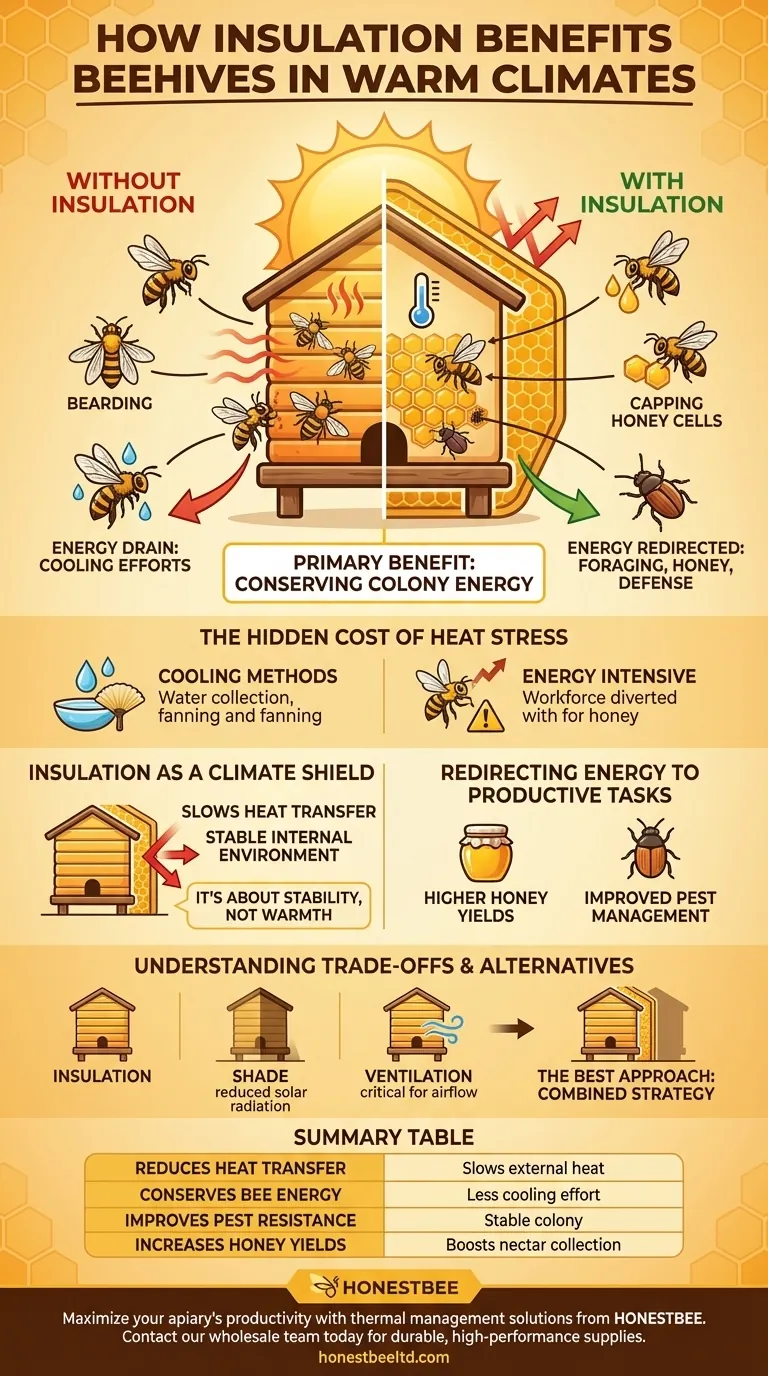
Related Products
- Professional Insulated Winter Hive Wrap for Beekeeping
- Telescopic Beehive Outer Cover Lid Roof with Galvanised Sheeting for Langstroth Hive and Beehive Outer Cover
- HONESTBEE Professional Long Handled Hive Tool with Precision Cutting Blade
- Multi-Function Plier-Style Frame Grip Hive Tool
- Professional Dual-End Stainless Steel Hive Tool for Beekeeping
People Also Ask
- How do high-insulation foam beehives contribute to colony productivity in extreme climates? Boost Honey Yields Today
- What are the weight advantages of styrofoam beehives? Boost Productivity & Reduce Beekeeper Strain
- How does polyurethane foam resist environmental factors? Unveiling Its Inert & Durable Nature
- What is the primary benefit of using high-density expanded polystyrene for beehives? Superior Thermal Regulation
- What are the features of the Nucleus Styrofoam Beehive? Superior Insulation for Nucs & Overwintering
- What is the impact of styrofoam beehives on spring setup and brood development? Accelerate Colony Growth & Maximize Honey Yields
- What are the health and maintenance benefits of styrofoam beehives? Boost Yields and Reduce Hive Upkeep
- What are the reported pros and cons of expanded polystyrene hives? Boost Honey Yields with Thermal EPS Hives



